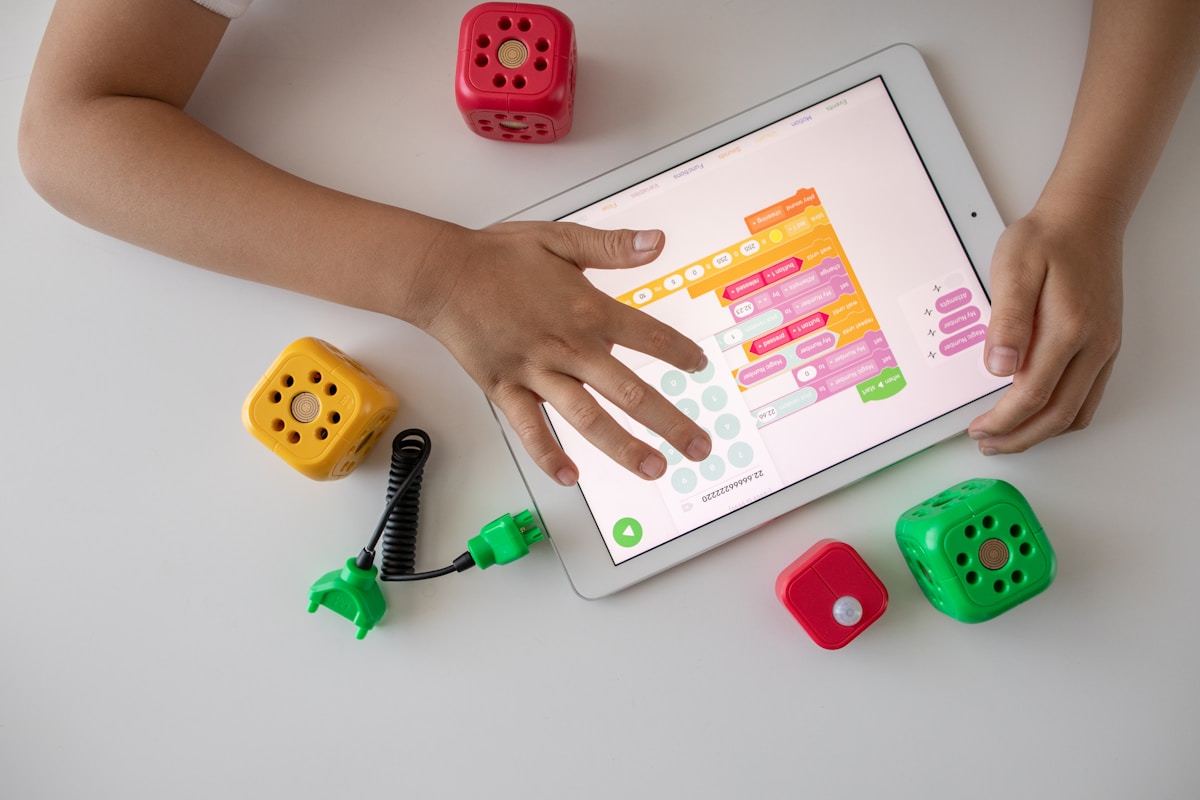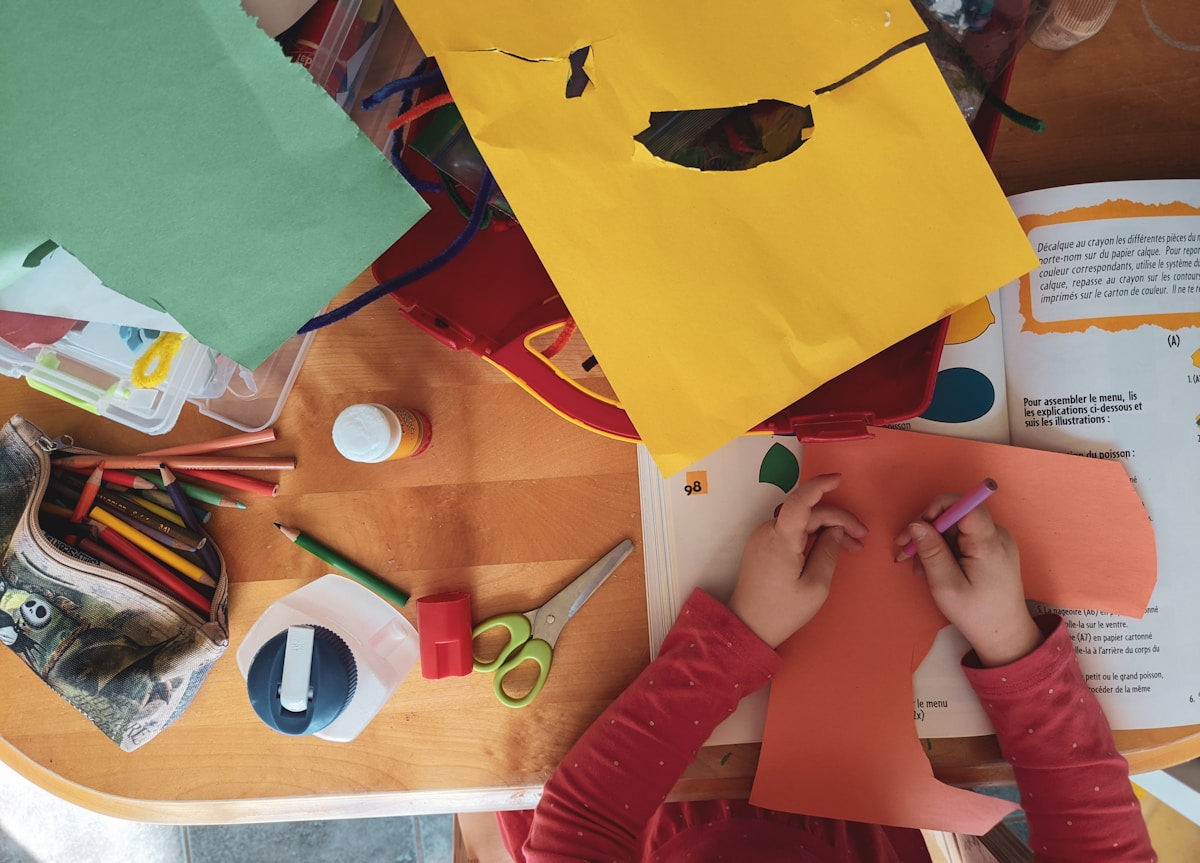Knowledge and understanding of the world (KUW) is one of the four specific areas of learning in the Early Years Foundation Stage (EYFS) in England. It covers a wide range of topics, including:
- Science
- Design and technology
- History
- Geography
- Information and communication technology (ICT)

The goal of KUW is to help children develop a deeper understanding of the world around them. This includes understanding the natural world, the built environment, and the people and cultures that make up our society.
Nursery practitioners play a vital role in helping children develop their KUW skills. They can do this by providing children with opportunities to explore and investigate their surroundings, ask questions, and make sense of their experiences.
Here are some specific activities that nursery practitioners can do to promote KUW:
- Take children on nature walks to explore the natural world.
- Visit museums and historical sites to learn about the past.
- Read books about different cultures and countries.
- Provide children with opportunities to use ICT to explore the world around them.
- Encourage children to ask questions and find answers to their questions.
- Provide children with opportunities to make predictions and test their ideas.

By providing children with these kinds of experiences, nursery practitioners can help them develop a deeper understanding of the world around them. This will lay the foundation for future learning and success in school and beyond.
Why is KUW important in early childhood?
KUW is important in early childhood for a number of reasons. First, it helps children develop a sense of wonder and curiosity about the world around them. This is essential for lifelong learning.
Second, KUW helps children develop their critical thinking skills. When children are encouraged to ask questions and make sense of their experiences, they learn to think for themselves.
Third, KUW helps children develop their problem-solving skills. When children are faced with challenges, they learn to think creatively and find solutions.
Fourth, KUW helps children develop their social skills. When children learn about different cultures and ways of life, they become more understanding and tolerant of others.
Fifth, KUW helps children develop their emotional intelligence. When children learn about the natural world and the human body, they develop a better understanding of themselves and others.
How can parents promote KUW at home?
Parents can play a key role in promoting KUW at home. Here are some things that parents can do:
- Talk to their children about their day and what they learned.
- Ask their children questions about the world around them.
- Take their children on nature walks and other outings.
- Read books to their children about different topics.
- Provide their children with opportunities to explore and experiment.
- Encourage their children to ask questions and find answers.

By taking these steps, parents can help their children develop a strong foundation in KUW. This will benefit their children in school and beyond.
Here are some additional tips for promoting KUW in nursery and at home:
- Make learning fun and engaging. Children are more likely to learn when they are having fun.
- Use a variety of materials and activities. This will help children learn in different ways.
- Be patient and supportive. Children learn at their own pace.
Celebrate children's successes. This will help them feel confident and motivated to learn.

